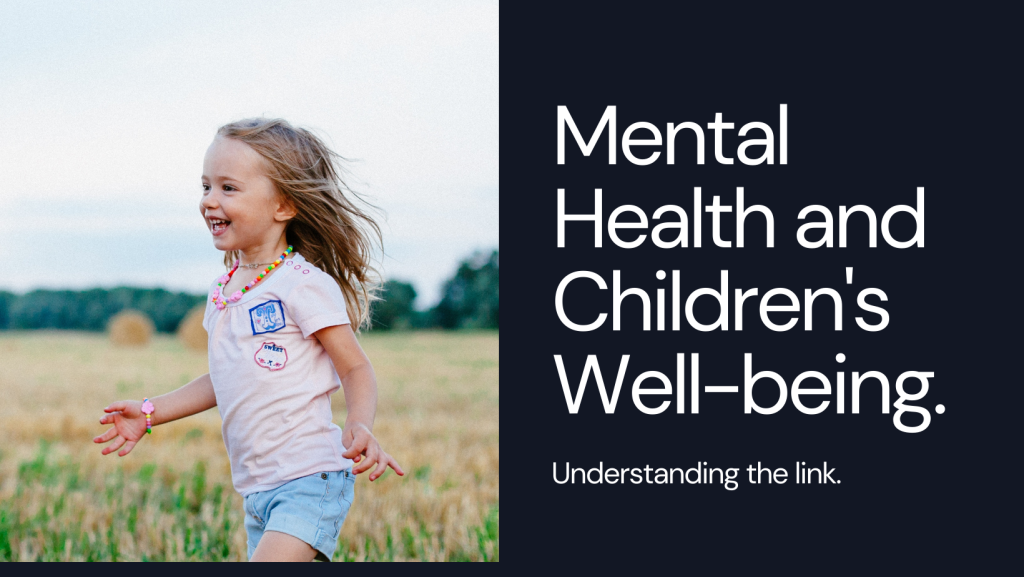Children’s mental health is an integral component of their overall well-being, influencing their emotional, social, and cognitive development. Just as physical health is crucial, mental health plays a significant role in shaping a child’s life outcomes and future resilience.
A child’s mental health encompasses their emotional regulation, ability to form relationships, cope with stress, and navigate challenges. Positive mental health allows children to experience and express a range of emotions appropriately, develop healthy attachments with caregivers, and build resilience in the face of adversity.
Conversely, untreated mental health issues in childhood can lead to a myriad of challenges later in life, including academic difficulties, substance abuse, and interpersonal problems. Common mental health disorders in children, such as anxiety, depression, and attention-deficit/hyperactivity disorder (ADHD), can significantly impact their daily functioning and overall quality of life.
It is essential for parents, caregivers, educators, and healthcare professionals to prioritize children’s mental health by promoting open communication, providing support, and seeking timely intervention when needed. Creating safe and supportive environments where children feel valued, heard, and understood can foster positive mental health outcomes.
By recognizing the importance of mental health in children’s overall well-being and investing in early intervention and prevention strategies, we can empower children to lead fulfilling lives and reach their full potential.




